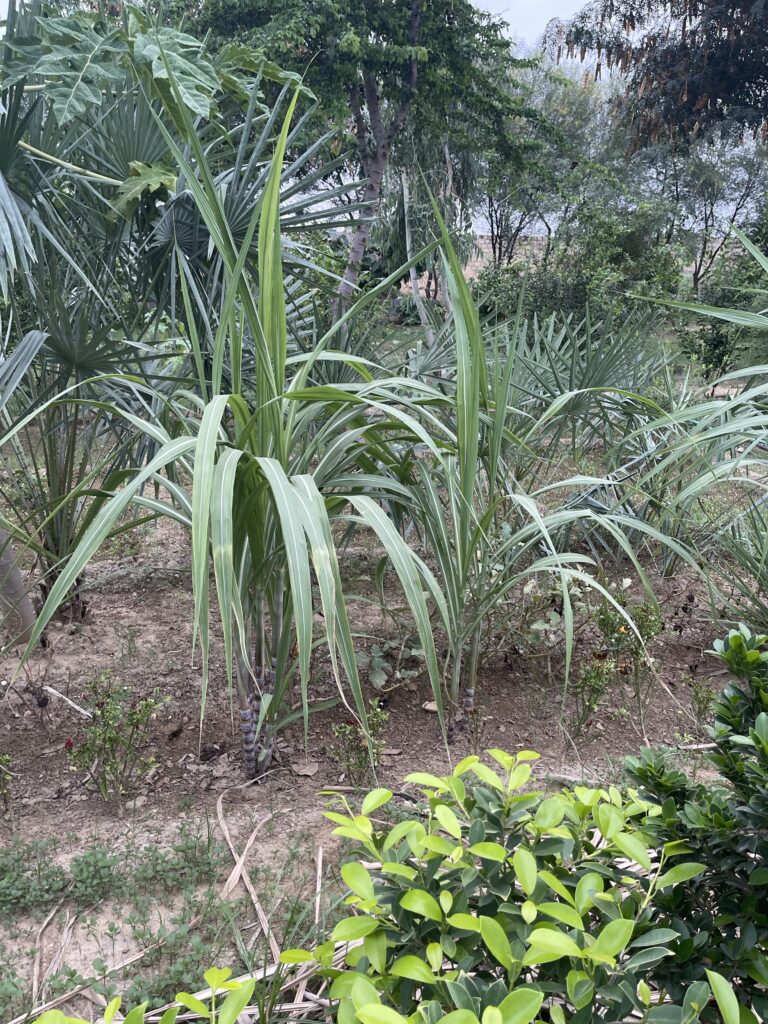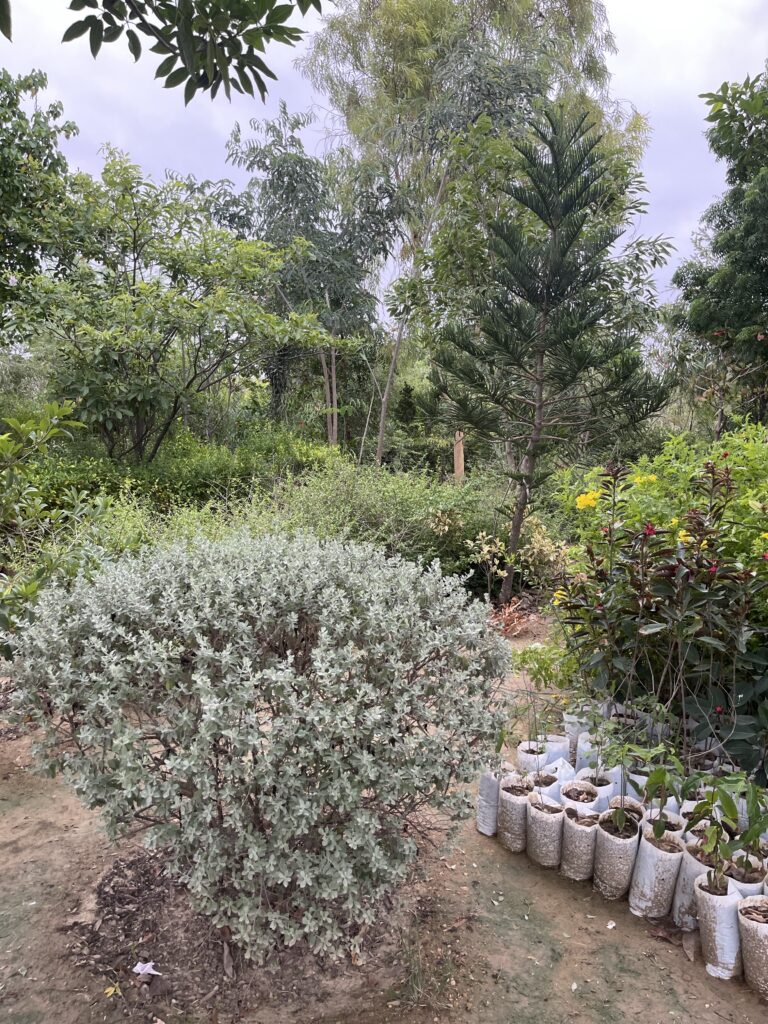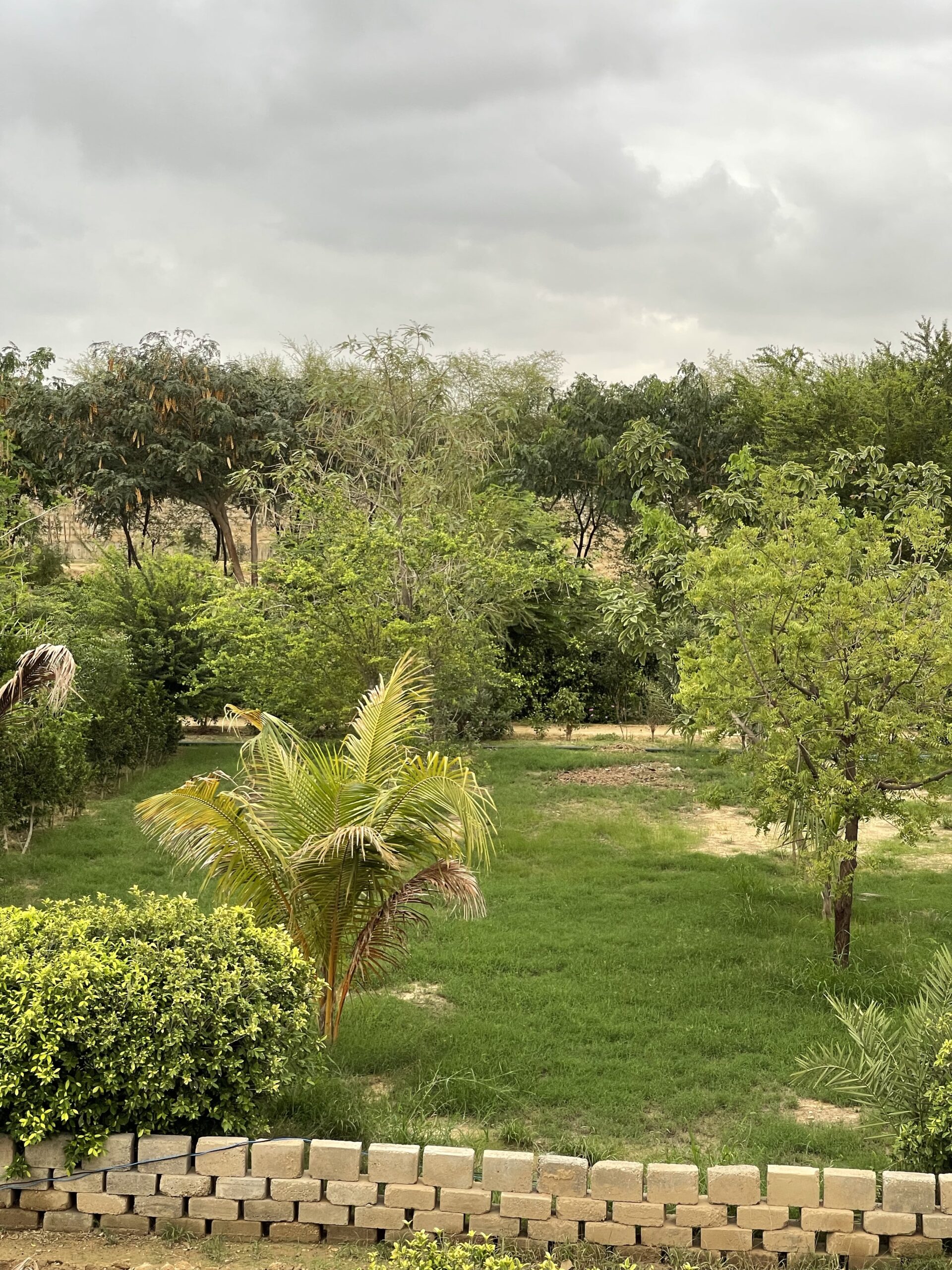Introduction:
Tree plantation holds immense importance in Islam, as it aligns with the principles of environmental stewardship and compassion towards all living beings. In light of contemporary research on climate change and its devastating effects, the act of planting trees emerges as a powerful solution to counteract global warming, reduce pollution, and restore ecological balance. This article explores the multifaceted benefits of tree plantation in Islam, ranging from environmental preservation to spiritual rewards and continuous charity (Sadaqa e Jariyah) as emphasized in Islamic teachings. References from Islamic sources and contemporary research will underscore the significance of this noble act.


1. Environmental Impact of Tree Plantation:
a. Mitigating Climate Change: Trees play a crucial role in sequestering carbon dioxide (CO2) from the atmosphere, thus contributing to reducing greenhouse gas emissions and combating global warming.
b. Oxygen Generation: Through the process of photosynthesis, trees release oxygen, which is vital for the survival of all living beings and helps maintain a balanced ecosystem.
c. Pollution Reduction: Trees act as natural air purifiers, absorbing pollutants and particulate matter, and improving air quality.
d. Soil Erosion Prevention: Tree roots stabilize the soil, preventing erosion and protecting against natural disasters like flooding and landslides.
e. Biodiversity Conservation: Tree plantations create habitats for various species, fostering biodiversity and preserving the delicate balance of nature.
2. Aesthetics and Natural Beauty:
a. Enhancing Scenic Beauty: Tree-covered landscapes bring beauty and tranquility to surroundings, promoting mental well-being and reducing stress.
b. Shade and Cooling: Tree canopies provide shade, reducing the intensity of direct sunlight, and contribute to cooling the environment.
c. Attracting Wildlife: Trees attract diverse flora and fauna, including birds and insects, enriching the environment and connecting humans with nature.
3. Economic Benefits of Tree Plantation:
a. Sustainable Resource Generation: Planting trees like fruit-bearing varieties provides a renewable source of food, wood, and raw materials for various goods.
b. Investment Opportunity: Some tree species, such as certain hardwoods, have high economic value, making tree farming a viable long-term investment.
4. Spiritual Significance and Continuous Charity (Sadaqa e Jariyah):
a. Environmental Stewardship: Islam encourages humans to be responsible stewards of the Earth, and tree plantation exemplifies this ethical principle.
b. Rewarding Act: Planting a tree is considered a virtuous deed in Islam, and the rewards of such acts are believed to continue even after the planter’s death.

c. Sadaqa e Jariyah: Tree plantation is considered Sadaqa e Jariyah, an ongoing charitable act that benefits the community and the environment, yielding blessings for the planter in this life and the Hereafter.
Conclusion:
Tree plantation is a noble and rewarding act highly encouraged in Islam. Its multifaceted benefits encompass environmental preservation, aesthetic enhancement, economic opportunities, and spiritual rewards. Through planting trees, individuals contribute to combating climate change, improving air quality, conserving biodiversity, and creating sustainable resources for future generations. Moreover, the act of tree plantation serves as a continuous charity, exemplifying the Islamic principle of compassion towards all living beings and demonstrating responsible stewardship of the Earth. Embracing tree plantation as a way of life can bring about positive change in the world, fostering a more balanced and harmonious relationship between humans and nature.
References:
– Quranic Verses on Environmental Stewardship
– Hadiths on Planting Trees and Sadaqa e Jariyah
– IPCC (Intergovernmental Panel on Climate Change) Reports on Climate Change and its Effects
– FAO (Food and Agriculture Organization) Reports on Tree Plantation and Biodiversity Conservation
– UNEP (United Nations Environment Programme) Publications on Air Pollution and Reforestation
– Research Studies on the Economic and Environmental Benefits of Tree Plantation
Keywords:
Islam, tree plantation, environmental impact, climate change, global warming, oxygen generation, pollution reduction, soil erosion prevention, biodiversity conservation, aesthetics, natural beauty, shade, cooling, wildlife, economic benefits, sustainable resource generation, investment opportunity, spiritual significance, continuous charity, Sadaqa e Jariyah, environmental stewardship, responsible stewardship, rewards, virtues, renewable resources, community benefits, harmonious relationship.
Hashtags:
#Islam #TreePlantation #ClimateChange #EnvironmentalImpact #GlobalWarming #OxygenGeneration #PollutionReduction #BiodiversityConservation #Aesthetics #NaturalBeauty #Shade #Cooling #Wildlife #EconomicBenefits #SustainableResources #InvestmentOpportunity #SpiritualSignificance #ContinuousCharity #SadaqaeJariyah #EnvironmentalStewardship #ResponsibleStewardship #Rewards #VirtuousDeeds #RenewableResources #CommunityBenefits #HarmoniousRelationship #ClimateAction #GreenInitiative #EnvironmentalAwareness #SustainableLiving #EnvironmentalEthics #NatureConservation #IslamicTeachings #ClimateSolution #BlessingsInLife #EcoFriendly #GreenLiving #EarthStewardship #BiodiversityPreservation #AirQuality #NaturalHabitat #PlantATree #PositiveChange #NatureLove.

